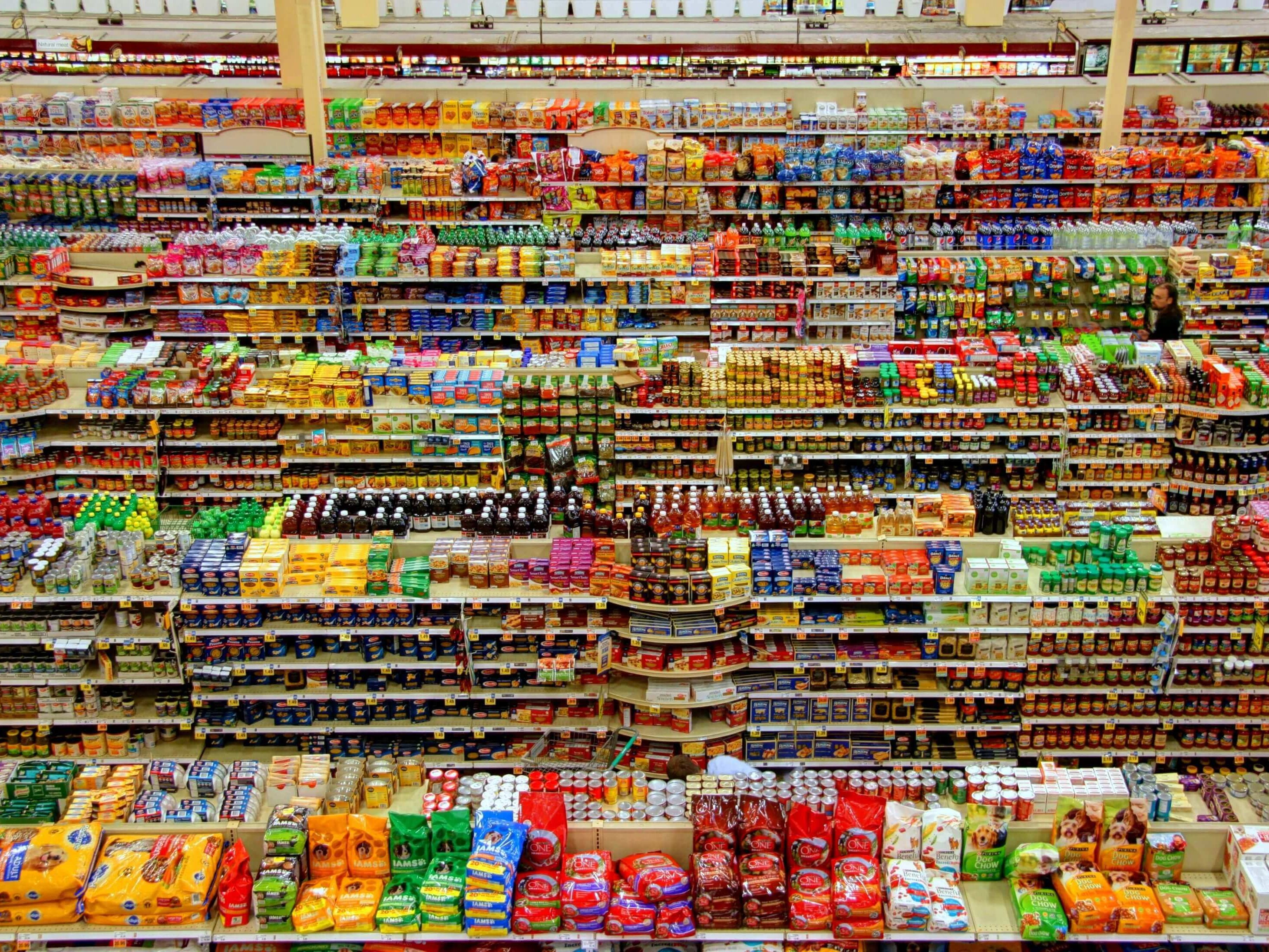Opinion: Meat substitutes? Plants should be the hero on our plates, with animals in a supporting role
A sustainable food system does not come with even better meat substitutes, but with a balanced food culture. Let chefs and schools teach us how to cook with plants.
Vegetarian? No problem, we have delicious veg burgers with vegan cheese on the menu! Oat milk in your coffee?' Increasingly the Dutch catering industry is welcoming the plant-loving customer. Animal-imitation products are encouraged for the purpose of sustainability and animal welfare.
However, these so-called ‘meat and dairy analogues’ are no cure in the transition to a sustainable food system. In fact, they are standing in the way of solutions that are more sustainable and healthier. It is time for a shift in our food culture, without losing our identity.
All figures say the same: reducing livestock can greatly reduce climate emissions, restore nature and limit animal suffering. Enter the meat substitutes, which fit seamlessly into our existing eating habits.
Fixation
They are healthier and more sustainable than animal products and, what is more, they are good business. What we are forgetting, however, is to look at the consequences of these meat, dairy, egg and even fish ‘analogues’. Our fixation on animal-based ingredients upholds the issues in our food system.
First of all, the increased sales of processed (meat) substitutes in supermarkets have not yet been accompanied by a similar decrease in their animal counterparts. While slightly less meat is being eaten, it seems that we are simultaneously consuming more substitutes alongside meat, while we already consume too much protein on average.
And although they are more sustainable than animal products, substitutes are a lot less sustainable than ‘low-processed’ plant-based alternatives, such as beans, lentils, nuts, seaweed and tofu, because of the way they are produced. Also, imitation products are often relatively salty and fatty, making them less healthy than basic alternatives. In short, we eat more than we need, and we eat too many processed foods. Substitutes keep these habits in place.
Chickpeas
We need a deep shift in our food culture. In order for us to prefer a meal with chickpeas in tomato sauce over a steak, we need to change our worldview and our stories about food. History shows us that this is possible, and quickly too. Our food culture is constantly evolving.
For instance, we have been eating potatoes in the Netherlands since the 16th century, pizza and ‘pasta Bolo’ since the 1970s, and we have only been putting avocados on our sandwiches since the 1990s. And do not forget: meat was exceptional until the 1950s because it was costly, and rightly so. ‘Fixed cuisines’ do not exist. People are incredibly agile in what they eat, as long as it is tasty, affordable and not too complicated.
With the help of systematic support, our cultural agility can be streamlined. Three groups play an essential role here.
European Union
First, we have powerful stakeholders like the European Union, national governments, banks and supermarkets. Help the food transition - together with farmers - by finally asking the true price for food. When environmental impacts are factored in, plant-based is considerably more affordable than animal-based.
In the supermarket, beans and nuts should be given a prominent place instead of that dusty canned food aisle somewhere in the back. Meat and fish can become delicacies. Offer meal boxes that are plant-based by default and stop promoting animal products.
Secondly, there is a role to play for food influencers. Chefs and caterers, help us get over our fear of the new, or ‘neophobia’, by letting us taste other dishes and ingredients in a safe and playful way. Put plant-based options at the top of the menu.
Peanut Butter
Schools, teach children where our food comes from and how to cook delicious meals with plants. Parents, pay attention to eating habits at home. Peanut butter instead of lunch meat on one sandwich already makes a difference.
Finally, writers, designers and influencers can play an important role. Because we need a new narrative in which plants are our heroes and animals play a valuable, circular supporting role. Motivated by concern for future generations: ‘plant-forward’, with some animal proteins occasionally. Then we will start to see dishes like a lentil stew in a different light, while we can still enjoy a Dutch ‘stamppot met rookworst’ - in moderation.
We will not achieve a sustainable food system with even better meat substitutes, but only with a balanced food culture. And this is within our reach.

Anna-Louisa Peeters
- a.l.peeters@tudelft.nl
-
Room B-2-140





